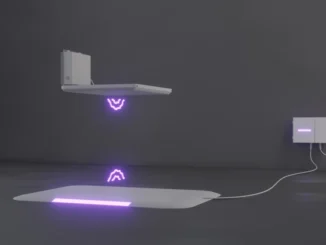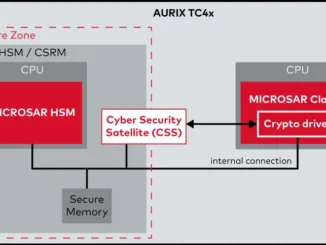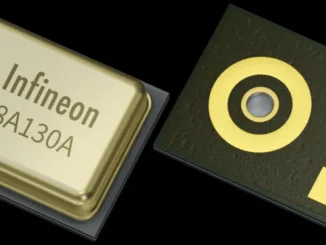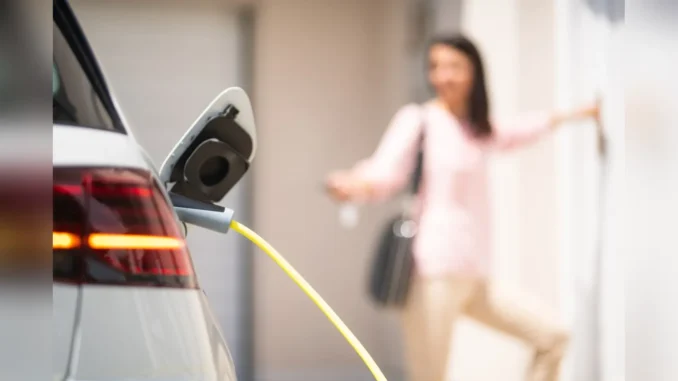
household socket
Researchers at Fraunhofer IZM are testing bidirectionally blocking gallium nitride (GaN) transistors in the EnerConnect project. These should enable a more efficient circuit for inverters and rectifiers that works with an efficiency of up to 99%. Compared to conventional charging of electric cars at the socket, which often results in charging losses, the new technology should minimize these losses. In addition, a converter stage can be omitted, which reduces material costs.
The bidirectional blocking GaN transistors allow positive and negative voltages to be blocked, which enables new switching approaches. This allows switching losses to be reduced and efficiency to be increased. A higher switching frequency of up to 300 kHz and a power density of 15 kW per liter are to be achieved, which is 8 times that of current chargers.
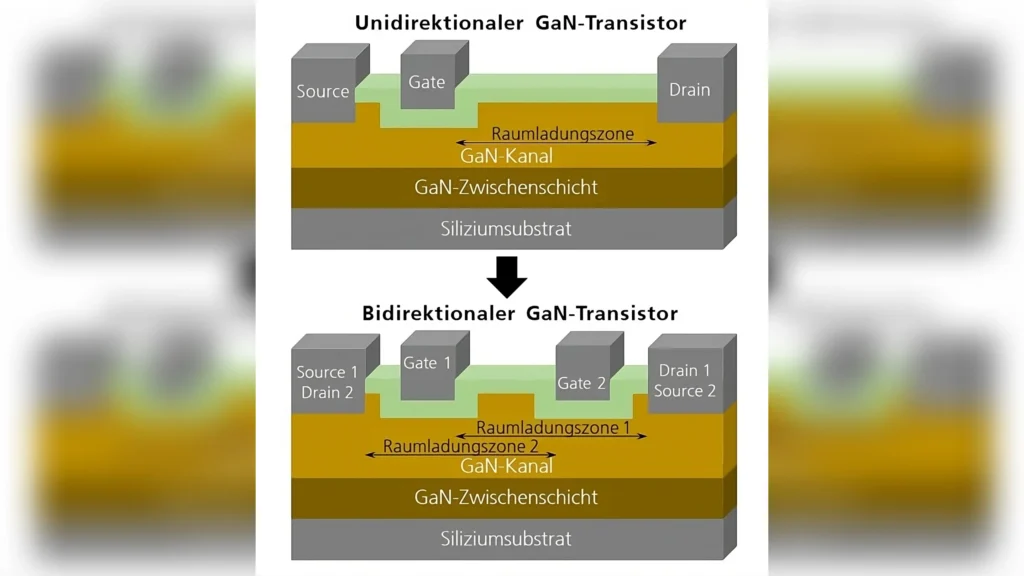
Schematic comparison of a unidirectional and a bidirectional GaN transistor. The ability to block the voltage in both directions opens up new application possibilities. (© Fraunhofer IZM)
The technology is particularly suitable for electric vehicles and enables fast charging from household electricity. It can also be used in photovoltaic systems to enable energy transfer in both directions. The project, which will run from 2024 to 2028, is being funded by the BMBF with 400,000 euros. Infineon Technologies is providing the bidirectional blocking GaN transistors for the project. (oe)


